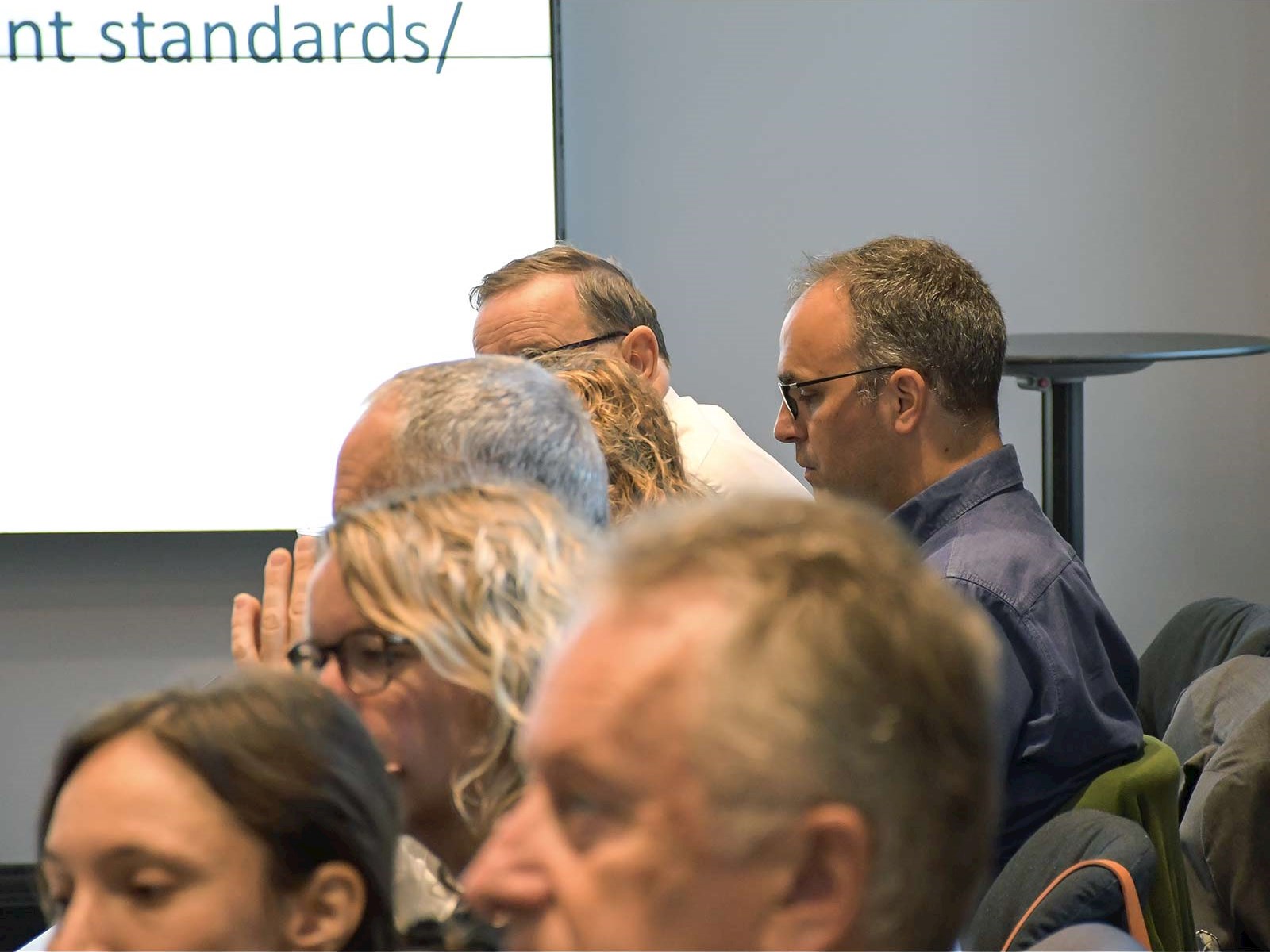Nick Parker reports on developments shared at a two-day conference in Helsinki, hosted by CFE Tax Advisers Europe.
In November’s TAXline bulletin, Paul Aplin shared the insights on developments in tax technology that he gained from the CFE’s two-day conference in Helsinki. As a reminder, CFE Tax Advisers Europe brings together 33 national organisations from 26 European countries, representing more than 200,000 tax advisers. ICAEW’s Tax Faculty has been a member since 1 January 2002. The Chartered Institute of Taxation (CIOT) is the other UK member.
Even if you are not involved in international tax, international developments may still affect your work. International developments in professional standards that could apply to ICAEW members are a prime example. And even though we have left the EU, the EU VAT rules will still be relevant if you work in a business that transacts with the EU or if you advise such a business.
Professional standards of tax practitioners
ICAEW’s Wyman Symposium on 1 November 2022 highlighted the different strands, both domestically and internationally, that may affect the regulatory landscape for tax advisers. CFE’s Professional Affairs committee considered the latest developments.
The release of the EU’s initiative, Securing the Activity Framework of Enablers (SAFE) has been delayed. Likewise in the UK, we still await a consultation from HMRC. It is worth noting that HMRC’s focus appears to be on the administrative end of the tax system (ie, where taxpayers use an agent to interact with HMRC on their behalf to file returns, make a claim, etc). By contrast, the focus in Europe is on the advisory end of the spectrum of tax services as SAFE seeks to address perceived aggressive tax planning involving EU taxpayers.
There are also potential changes ahead for ethical standards. ICAEW’s Code of Ethics is based upon the Code of Ethics for Professional Accountants of the International Ethics Standards Board for Accountants (IESBA). Currently, the IESBA code says very little on tax services. However, IESBA has been consulting on proposed revisions to the code to address tax planning and related services. In the UK, we have the well-established Professional Conduct in Relation to Taxation (PCRT). PCRT is issued jointly by seven UK professional bodies and associations, including ICAEW, whose members work in tax. The challenge for ICAEW and the other PCRT bodies is to consider how a revised ethical code and PCRT might work together.
Even if you are not involved in international tax, international developments may still affect your work
The Professional Affairs committee also listened to a message from Paul Tang (MEP) about the importance of the fight against financial crime in the EU. There followed a discussion about plans to establish a pan-European anti-money laundering (AML) and counter financing of terrorism (CFT) authority – AMLA. AMLA would be the centre of an integrated system composed of the authority itself and the national authorities with an AML/CFT supervisory mandate. This model is familiar from a UK perspective, as it would operate in a similar way to the UK’s Office for Professional Body AML supervision (OPBAS), which works to bring consistency between the UK’s professional body AML supervisors.
VAT
A chain transaction involves a single transport directly from the first supplier to the final customer but with successive supplies of the same goods between several parties. The EU’s quick fixes in 2020 harmonised the rules for chain transactions across all 27 member states.
As chain transactions can involve multiple operators in multiple member states, the chain transaction mechanism needs to be interpreted in the same way in all member states to work effectively in practice. However, there is no definition of the phrase “goods dispatched or transported by or on behalf of the vendor or the person acquiring the goods” and no guidance on how this should/must be evidenced. Different interpretations provide opportunities for fraud and evasion. This is a risk both for member states and for legitimate businesses in the chain.

CFE’s Fiscal Committee considered a discussion paper on this issue. Each member organisation shared their differing experience from their jurisdiction. It was noted that the European Commission had taken no action to clarify the position and that further guidance on possible changes to the law to clarify the legal position would be helpful.
One issue arising from those discussions was problems in recovering import VAT as input tax. The Chair of the Fiscal Committee is preparing a paper on this topic for consideration.
Other discussions included digital reporting and the general progress of the European Commission’s VAT in the Digital Age (ViDA) project. The ViDA package covers:
- VAT reporting obligations and e-invoicing;
- the VAT treatment of the platform economy; and
- the single (place of) EU VAT registration.
There is some opposition to the package. This is generally focused on the first strand, regarding VAT reporting obligations and e-invoicing – particularly from those member states that have already introduced a form of e-invoicing. Those member states, understandably, do not want to implement a new system or make significant changes to the system they have already implemented. As a result of this opposition, it seems likely that the implementation of the ViDA package could be delayed.
Final thoughts
Given that tax authorities share knowledge through the OECD Forum on Tax Administration and elsewhere, CFE provides a vital connection for us to gain insight and share experience. Having this insight and knowledge helps to inform the faculty’s approach to how these developments apply in the UK.
Nick Parker, Chair, Tax Faculty Board

